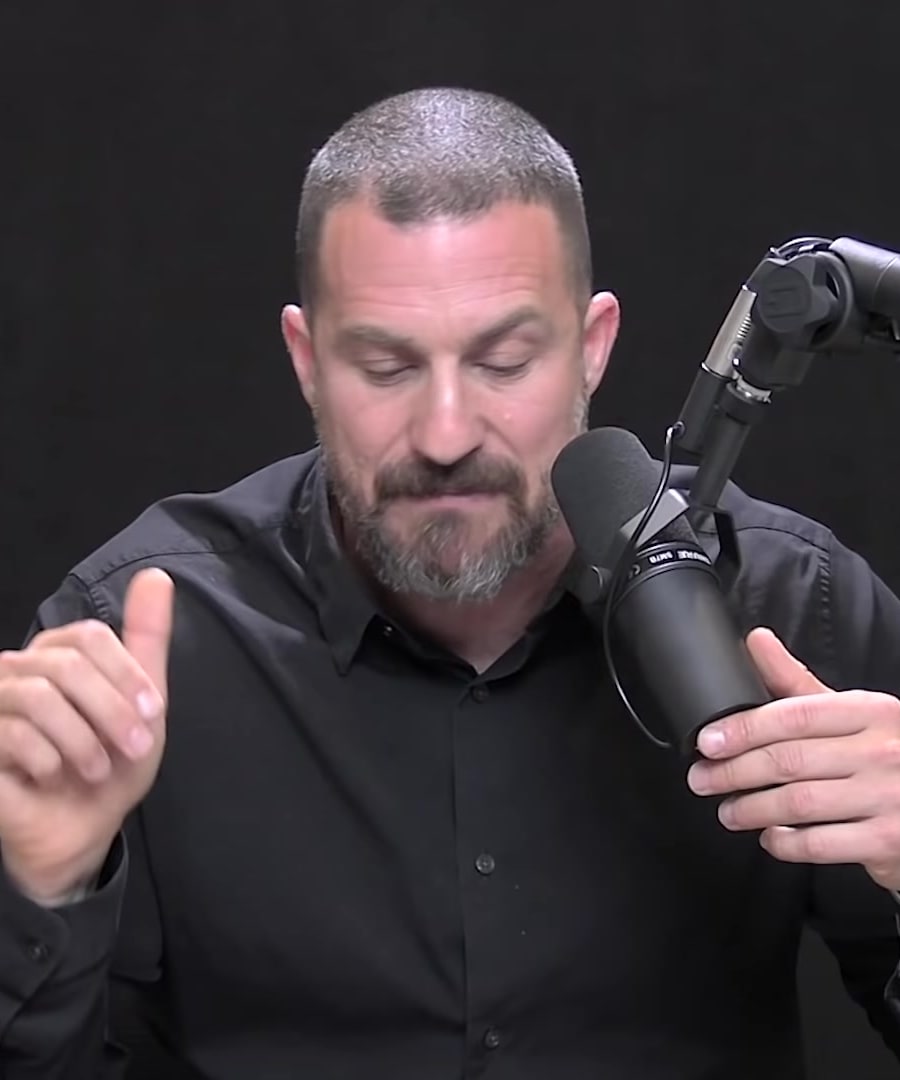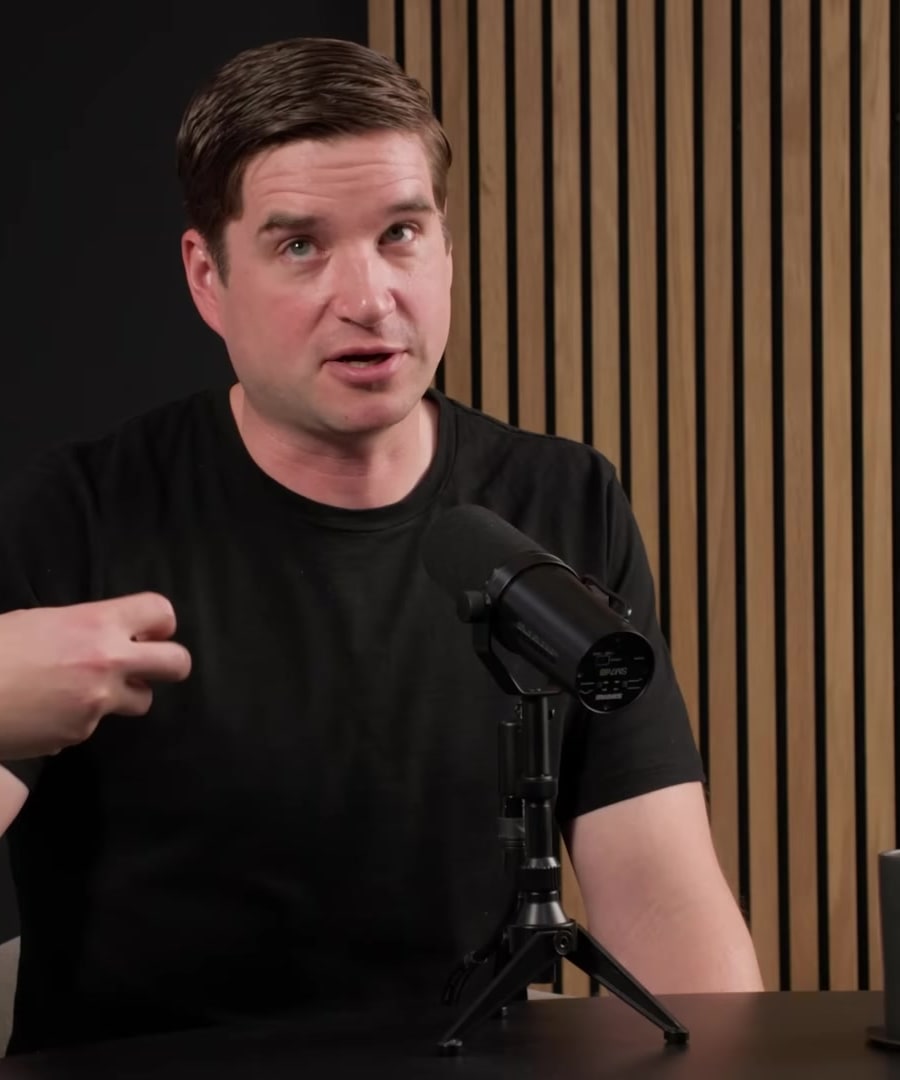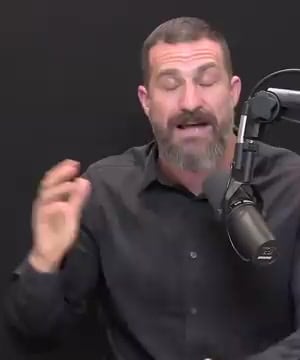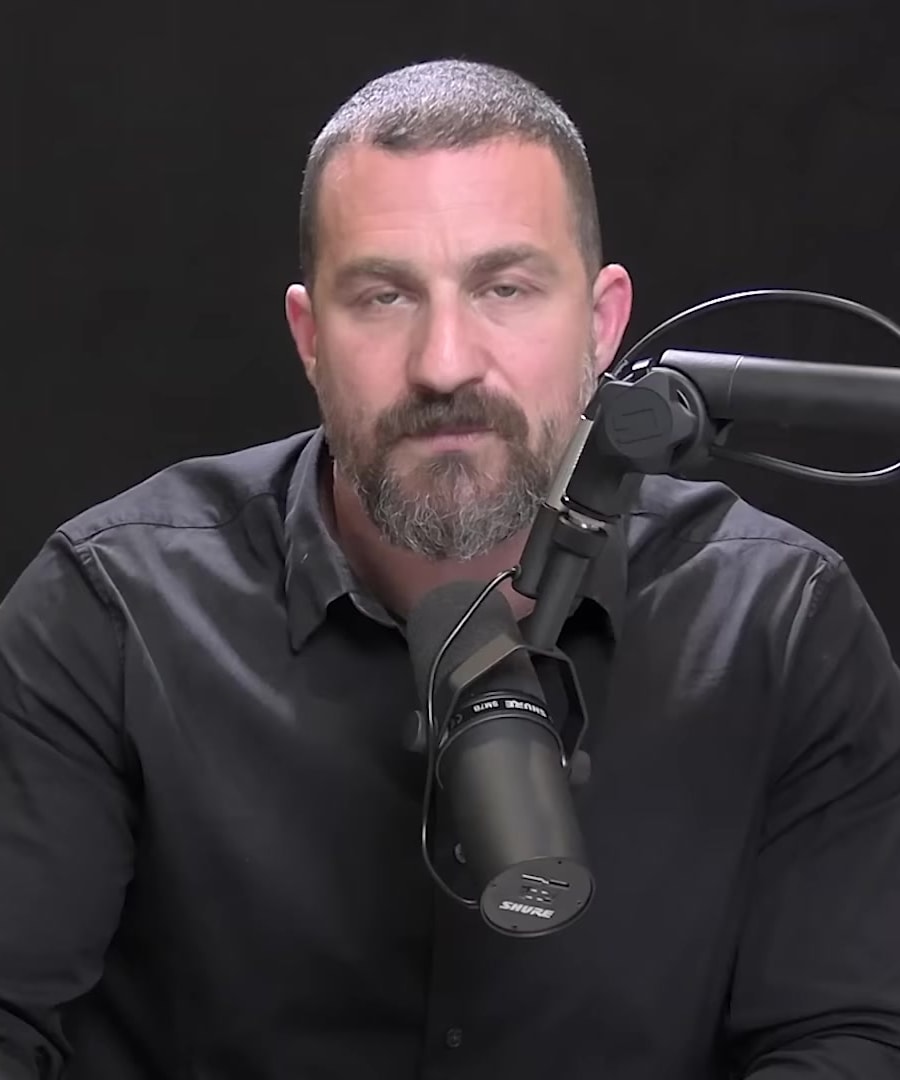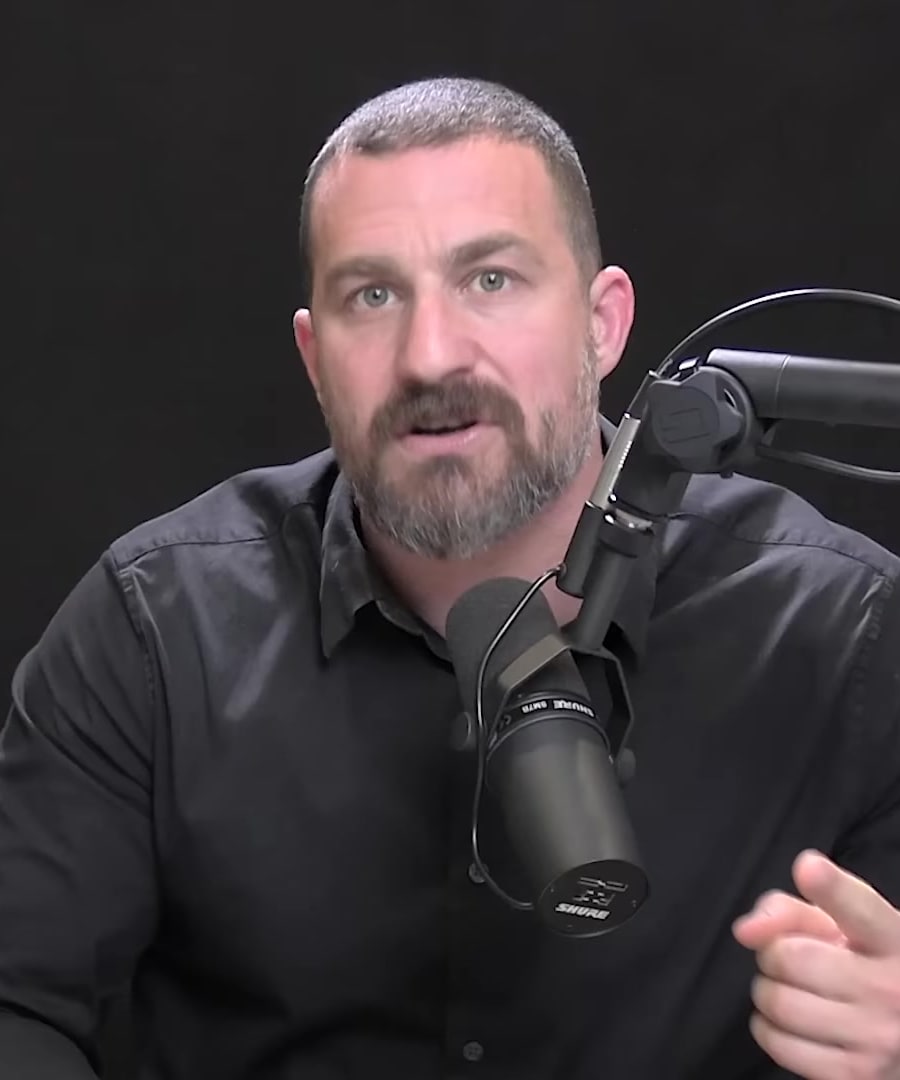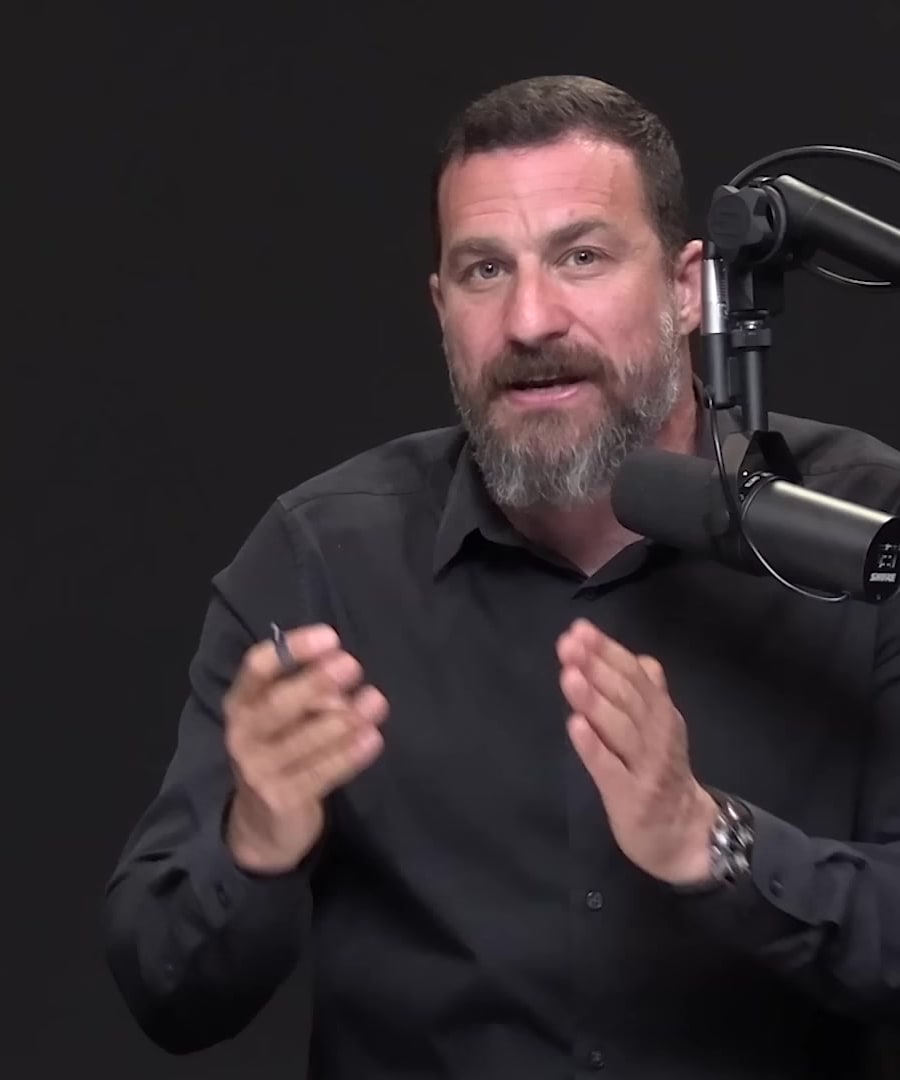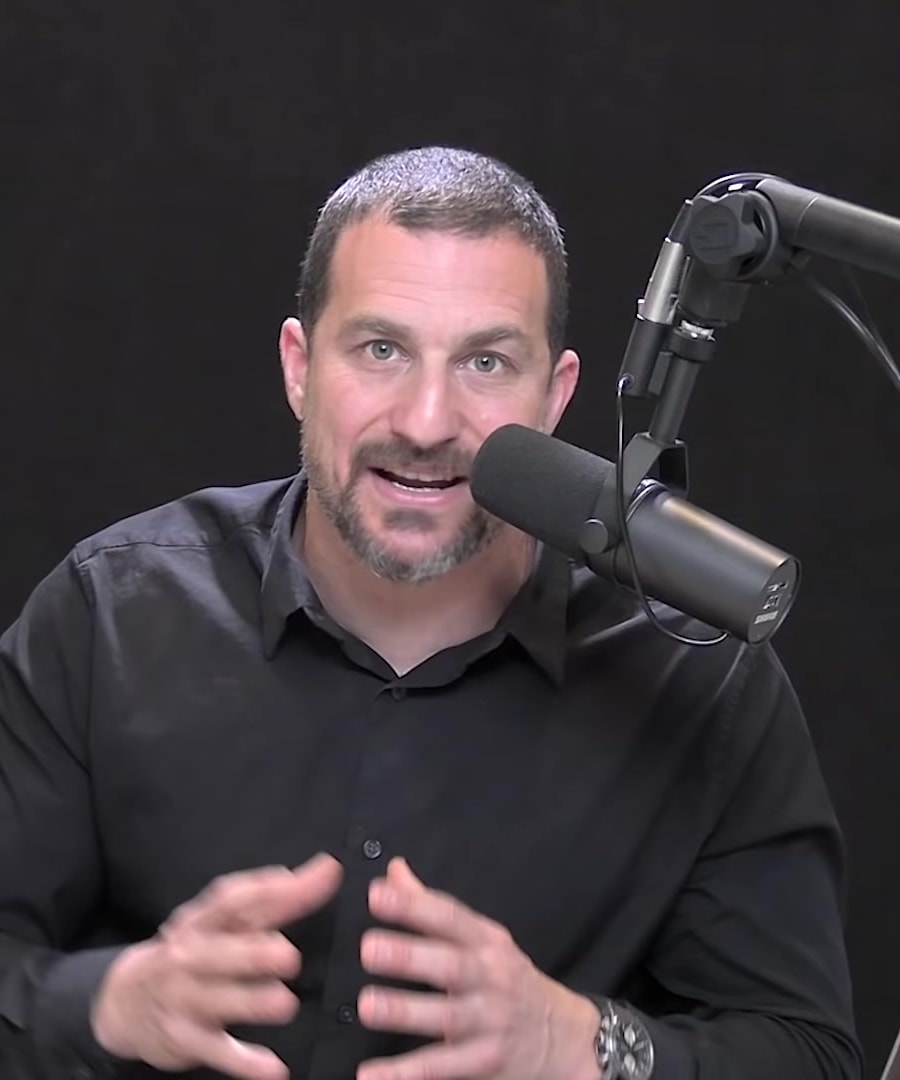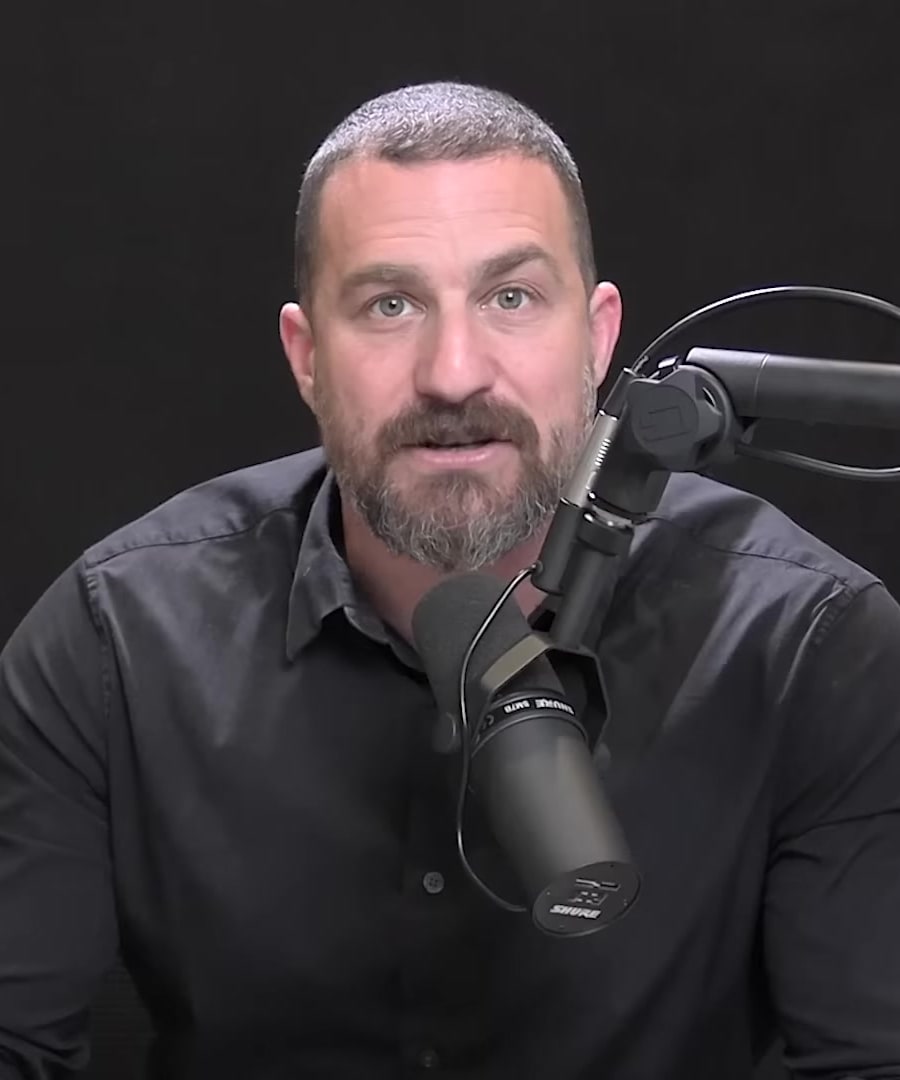I have a friend who have issue with cellphone. His use makes him less efficient in his work. How can he manage the usage of his cellphone.
Sources:
To help your friend manage his cellphone use and increase efficiency at work, here are several strategies and tips shared by Dr. Andrew Huberman:
-
Internet and Phone Shutdown: Dr. Huberman suggests completely shutting off the internet and phone to avoid distractions. This technique helps to enter a state he calls "the tunnel," where one can intensely focus on work without disruption from digital notifications 1.
-
Physical Phone Removal: To resist the temptation of checking the phone, he advises putting the phone in a different location where it is not easily accessible. He shares an extreme method used during his days in the lab, where he would hand his phone to someone and would not retrieve it until a set time, even setting a financial disincentive against retrieving it 2.
-
Scheduled Internet Use: Dr. Huberman and Cal Newport discussed the impact of unrestricted internet and phone usage, suggesting that limiting the availability of these devices during work hours can significantly improve productivity 3.
-
Deliberate Defocus: Implementing deliberate breaks after intensive work periods is essential. Dr. Huberman recommends engaging in menial tasks that don't require much mental engagement, thus allowing the brain to recharge for subsequent work sessions 4.
These practices, grounded in behavioral modification and understanding of neurophysiology, can enhance your friend's ability to focus and effectively manage time at work.
RELATED QUESTIONS-
I have dopamine issue with using cellphone. How can I manage my dopamine.
Sources:
To manage dopamine issues related to cellphone use, Dr. Andrew Huberman offers several insightful strategies:
-
Eliminate the Phone During Certain Activities: Dr. Huberman personally experienced a decline in workout pleasure and motivation when he brought his smartphone along. He found that eliminating the phone and its multiple dopamine-stimulating distractions (like music and social media) from his workouts helped restore his enjoyment and motivation. He advises trying similar approaches by removing the phone from activities you want to continue enjoying or wish to enjoy more. Understanding the relationship between dopamine spikes and baseline levels can help manage and enhance pleasure in these activities 1.
-
Understand Dopamine Spikes and Baselines: Regular engagement in activities that cause dopamine spikes, such as using your phone, can lead to a drop in baseline dopamine levels. This can make everyday activities feel less rewarding. Dr. Huberman suggests that managing these spikes by limiting exposure to high-dopamine activities (like social media or excessive phone use) can stabilize dopamine levels. He posits that understanding this relationship can lead to better choices that maintain a healthy dopamine balance 2.
Implementing these strategies can help manage the dopamine dysregulation associated with excessive cellphone use, leading to improved mental health and productivity.
RELATED QUESTIONS-
Explain the dopamine spikes function and dopamine base line.
Sources:
Dopamine spikes and baseline levels are critical concepts to understand the function of dopamine in the brain, especially as it relates to motivation and reward.
Dopamine Spikes
-
What They Are: Dopamine spikes are temporary increases in dopamine levels that occur in response to specific stimuli, such as the anticipation of a reward. Dr. Andrew Huberman describes these spikes as increases in dopamine that peak and then diminish, often leaving levels lower than the baseline, known as troughs 1.
-
Effect of Spikes: Each spike is followed by a trough where dopamine levels drop below the baseline. This fluctuation influences our motivation to pursue goals and our overall mood states. Dr. Huberman uses the analogy of a wave pool to explain this, where big waves represent dopamine spikes, and the lowering of the water (or dopamine level) after a spike can affect how motivated you feel to pursue further actions 1.
Dopamine Baseline
-
What It Is: The baseline level of dopamine refers to the average amount of dopamine present in the brain during normal, non-stimulated conditions. It can be thought of as the 'resting' level of dopamine.
-
Importance of Baseline: The baseline of dopamine is crucial because it acts as a reserve for creating peaks (spikes). If the baseline is typically low, fewer or less intense dopamine spikes may occur, affecting one’s ability to feel motivation and pleasure regularly. Consistently low baseline levels can also predispose individuals to feelings of depression or reduced motivation 1.
Relationship Between Spikes and Baseline
- Impact on Well-being: Continuous engagement in activities that cause high dopamine spikes can lead to a decrease in the baseline level over time. This is why activities that initially felt rewarding may start to lose their appeal, leading to a cycle where higher or more frequent stimuli are needed to achieve the same level of satisfaction 1.
Understanding the balance and health of your dopamine spikes and baseline levels is vital for maintaining mental health and well-being. Managing activities that cause significant spikes in dopamine can help maintain a healthy baseline level of dopamine, thus supporting more consistent feelings of motivation and satisfaction.
RELATED QUESTIONS-
Explain the role of dopamine levels in motivation.
Sources:
Dopamine plays a crucial role in motivation, acting not just as a mediator of pleasure, but primarily as a driver of motivation and pursuit of goals. Here are the key points regarding dopamine's role in motivation as explained by Dr. Andrew Huberman:
-
Dopamine and Motivation: Dopamine increases in response to the anticipation of a reward or a desired outcome, which significantly enhances motivation. This motivation can be mental, physical, or a combination of both, driving us to pursue goals and engage in activities that we find rewarding 1.
-
Dopamine's Dual Action: It's important to note that dopamine doesn't work alone; it often co-releases with glutamate, an excitatory neurotransmitter. This combination increases neuronal activity, making us more alert and ready to act, further contributing to our motivation levels 2.
-
Pleasure vs. Motivation: A crucial distinction in understanding dopamine is separating pleasure from motivation. Pleasure is what we feel when receiving a reward, but motivation is the drive to seek out these rewards. Research has shown that even without dopamine, organisms can experience pleasure, but they lack the motivation to seek it out. This indicates that dopamine is fundamentally about motivating us to achieve pleasurable outcomes, not the pleasure itself 3.
-
Dopamine Baseline and Spikes: The baseline level of dopamine and sudden spikes due to rewarding stimuli both play a role. When we anticipate a reward, dopamine increases, leading us to take action towards the goal. After achieving the goal, dopamine levels usually drop, which can affect our motivation until another engaging or rewarding opportunity arises 4.
Understanding these dynamics of dopamine can help us better manage our motivation levels and pursue our goals more effectively. Dr. Huberman emphasizes that dopamine is like a "universal currency" for motivation in mammals, particularly in humans, dictating our drive and overall quality of life 2.
RELATED QUESTIONS-
I have a friend who have issue with cellphone. His use makes him less efficient in his work. How can he manage the usage of his cellphone.
- RELATED QUESTIONS
I have dopamine issue with using cellphone. How can I manage my dopamine.
- RELATED QUESTIONS
Explain the dopamine spikes function and dopamine base line.
- RELATED QUESTIONS
Explain the role of dopamine levels in motivation.
- RELATED QUESTIONS
